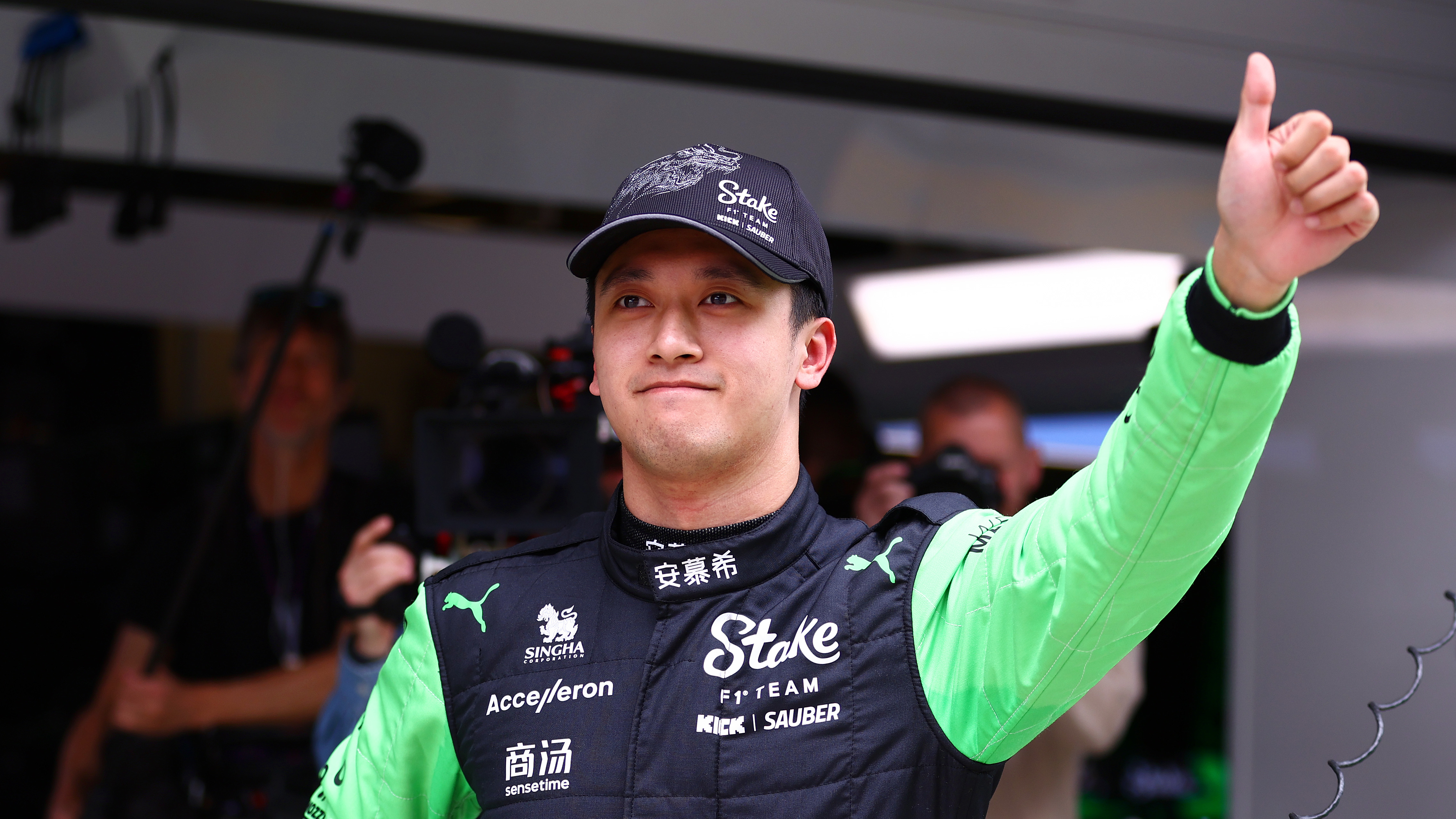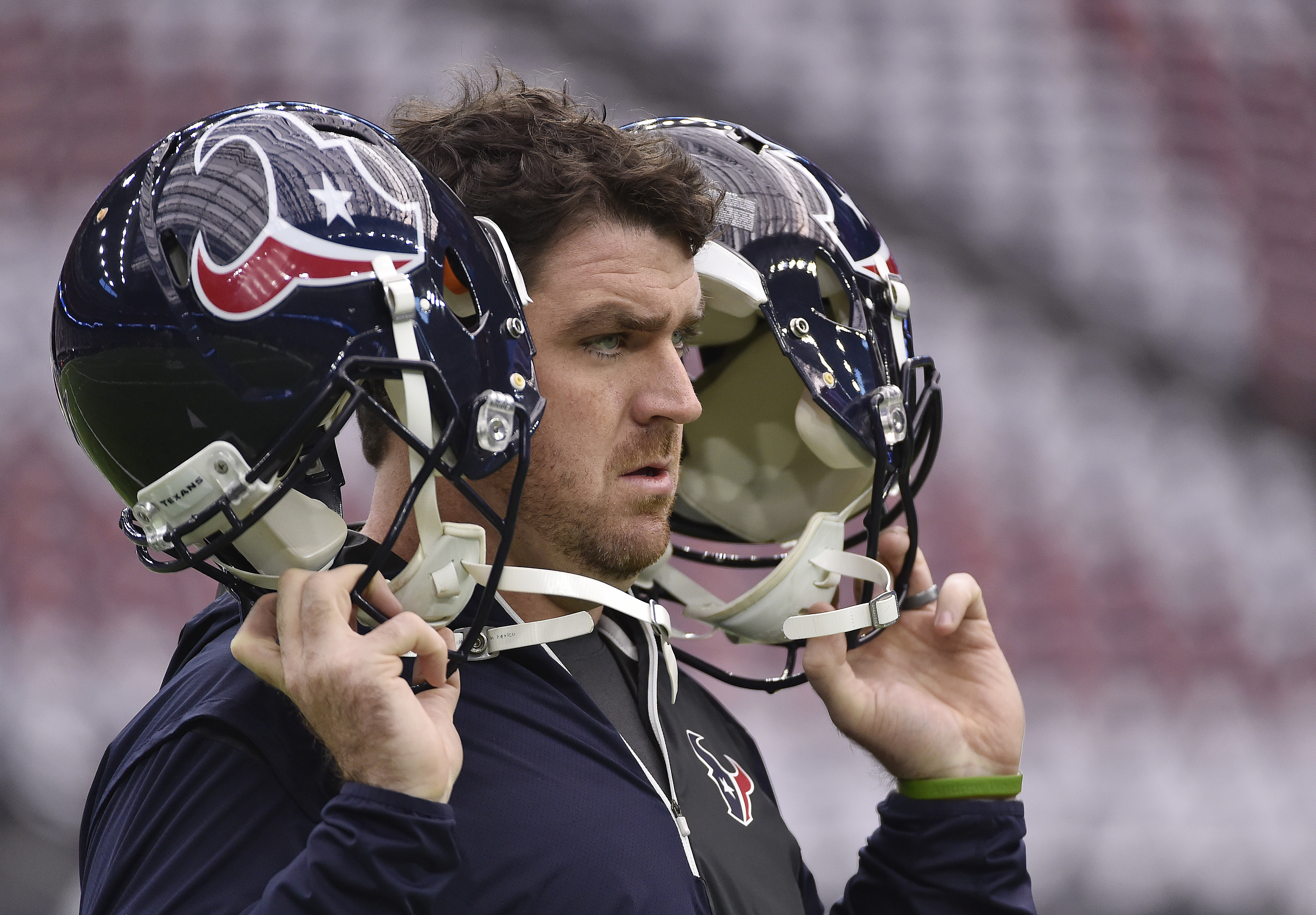Finally, baseball has a fresh young superstar nobody can throw so much as a pebble at, a kid who is the perfect antidote for Manny B. Manny and A-Fraud and everything else that drives you nuts about sports.
His name is Zack Greinke, and he’s a big-time talent on a small-town team. At the age of 25, and with a history of personal hell behind him, he’s erupted with volcanic force this season. He’s started six games and won every one of them, two by shutout. In 45 innings, he’s struck out 54 batters and given up just two earned runs. He’s got a 95 mph heater and a 60 mph curve and everything in between.
And he has no dreams of ever playing in New York. It’s more attention and people and craziness than he ever cares to be a part of. Kansas City, the team that drafted him and stood by him when his world fell apart and gave him a nice contract, is his idea of heaven. And he’s that town’s idea of a savior.
You might not have seen him pitch yet, and you might not see him soon. The Royals are in first place in the AL Central, but they’re still not a team that finds itself on national television very often. So you’ll have to satisfy yourself with catching highlights on SportsCenter.
Even those are enough to demonstrate the extraordinary talent possessed by Zack Greinke. It’s talent that came very close to never seeing the light of day.
Three years ago, Greinke gave up baseball. Doctors would determine that he was a victim of depression and a mental illness called social anxiety disorder. It’s the same thing that Ricky Williams, the Dolphins running back, has battled, and it makes being among people and having to interact with them sheer torture.
This is not a problem that Alex Rodriguez has ever had to deal with. And it is the reason that we can sympathize with and admire Greinke in ways we never could with the game’s superegos. They want all the attention and money and praise. He wants none of it. All he wants to do is pitch.
Sports
A lot of fans wish they had A-Rod’s life. Not many would want Greinke’s. They would want his talent, to be sure, but not his demons. That’s why we’ll probably never find ourselves ripping Greinke. Once we appreciate what he had to go through to get where he is now, we can wish him nothing but the best. Even if he were pitching against our team for the last spot in the playoffs, it would be impossible to wish him ill.
Greinke was one of the top prospects in the nation when he was drafted out of an Orlando-area high school. He was in the majors at the age of 20, going 8-11 with a 3.97 ERA for a bad Royals team. That was in 2004. The following year, everything fell apart. He lost 17 games against just five wins and gave up nearly six runs a game. His illness made it nearly unbearable to be at the park. He left for the games as late as he possibly could and didn’t mix with his teammates; didn’t mix with anyone.
By the spring of 2006, he couldn’t deal with baseball at all. He has told reporters he had come to hate the game. That’s when he took four months off to find out what was wrong with him. Doctors diagnosed social anxiety disorder and depression. He was put on medication and received counseling and therapy. By the time he resumed baseball in mid-season in the Royals’ farm system, he had a new outlook on life and the game.
He started coming to games early, eager to get to the park. The man who found it impossible to mix with people joined clubhouse card games. He learned to talk to the media.
Greinke rejoined the big-league club in 2007 and went 7-7 in 14 starts. Last year, he was 13-10 with a 3.47 ERA. This year, at the age of 25, he has been, for one month at least, the best pitcher in baseball.
Before the season began, the Royals decided that Greinke had too much talent to let get away. They offered him a four-year deal worth $38 million — less than a quarter of the package the Yankees gave CC Sabathia. It was something of a risk given Greinke’s history, but it was also the team’s way of saying it believed in him.
Greinke signed it, and now he’s delivering like few pitchers have ever done. What’s more, from everything he’s said and done, he could win the next three Cy Youngs and still not show up at management’s door demanding more money or a trade to one of the game’s glamour teams.
After he won his first five starts this season, Sports Illustrated wanted to put him on its cover. He didn’t object to the honor, but he declined to pose for a cover photo. It’s not the sort of thing that interests him.
This sort of behavior really isn’t normal. The truth is most of us are far more likely to lap up the attention than to shun it. Humility isn’t in our bones.
So, when we find both uncommon humility and uncommon talent wrapped in one package, we treasure it. The fact that Greinke came so close to being chased out of the game he loves by his illness makes it that much more precious. In a different era, without the knowledge we now have about the organic nature of mental illness, a man like Greinke would have faded away. He’s lucky that he’s living today, when there is help.
We’re lucky, too, because we get to watch him work.



